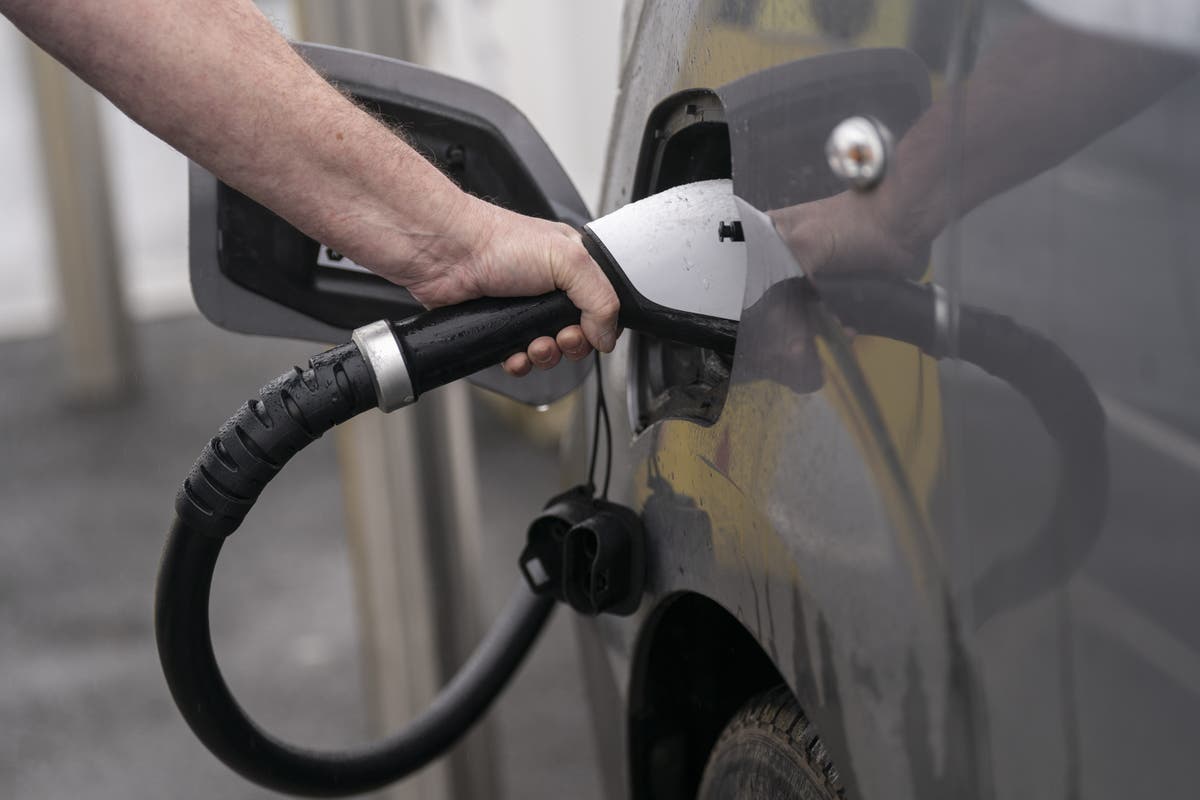
T he debate over electric vehicle (EV) targets has reignited, with the government reviewing rules requiring 22% of vehicles sold this year to be electric, rising annually to meet a 2035 petrol and diesel ban. Supporters argue the targets are vital for tackling climate change and positioning the UK as a leader in green technology, encouraging innovation and aligning with global efforts to transition to cleaner transport. However, carmakers warn the targets are unrealistic without greater government support.
Stellantis, which owns Vauxhall, recently announced the closure of its Luton plant, putting 1,100 jobs at risk, partly due to EV rules. Ford has also called for government-backed incentives, saying EV demand is too low to meet mandates. Critics say the rules risk harming Britain’s appeal as a manufacturing hub, with non-compliance with the targets carrying a fine of £15,000 per vehicle.

The issue is divisive, and there are proposals to make the rules more flexible, such as allowing carmakers to buy credits from EV leaders like Tesla. Labour has previously pledged to return to a 2030 phase-out date for petrol and diesel vehicles but says it will consult on how to enforce the targets fairly. The question remains: are strict EV targets an essential step towards a greener future, or are they placing jobs and investment at risk? Share your thoughts in the comments — we’ll feature the most compelling responses.
All you have to do is sign up and register your details — then you can take part in the discussion . You can also sign up by clicking ‘log in’ on the top right-hand corner of the screen..










